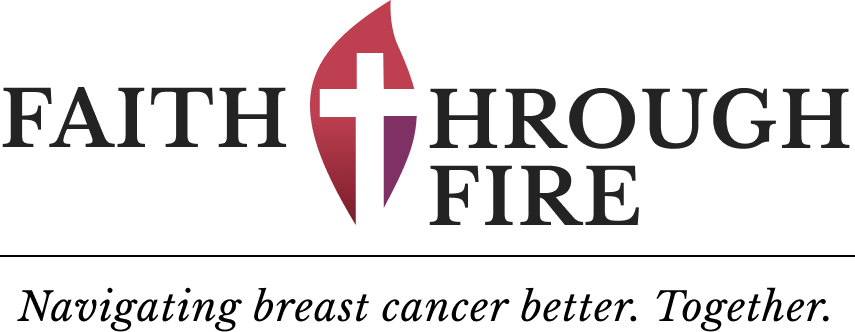What Breast Cancer Survivors Should Know About Sugar and Health

If you’re a breast cancer survivor or currently in treatment, you’ve likely heard conflicting advice about sugar. Does it “feed cancer”? Is it safe in moderation? Should it be eliminated entirely? Emerging research shows that excess sugar plays a powerful role in our overall health—especially when it comes to inflammation, energy, and mental wellness.
How Much Sugar Are We Really Eating?
Most Americans consume nearly three times the recommended daily amount of added sugar. For women, the American Heart Association advises no more than 25 grams (6 teaspoons) a day. But sugar hides in surprising places—salad dressings, yogurt, granola bars, even “healthy” drinks.
For breast cancer survivors working to reduce inflammation and support healing, it’s worth taking a closer look at where sugar shows up in your daily routine.
Excessive sugar intake can contribute to insulin resistance, which may be linked to increased recurrence risk in some cancers. Stable blood sugar helps regulate hormones and energy—especially important for survivors navigating fatigue or hormonal therapies.
Inflammation & Immune Function
High sugar diets can trigger chronic inflammation, potentially weakening immune responses. For a survivor, maintaining a strong immune system is essential for long-term wellness.
Weight Management
After treatment, some survivors struggle with weight gain, especially during hormone therapy. Hidden sugars can sabotage even the healthiest eating plans.
Mental Health Impact
There’s growing evidence that sugar affects mood and mental clarity. For survivors processing trauma or navigating anxiety, reducing sugar can support better emotional regulation and reduce energy crashes.
Should I Cut Out Sugar Completely?
The goal isn’t perfection, but awareness and balance. Natural sugars (like those in fruit) are not the enemy. It’s added sugars—those in packaged, processed foods—that contribute most to health concerns.
Faith Through Fire Tips for Reducing Sugar Without Losing Joy
- Read labels: Look for ingredients like high-fructose corn syrup, cane sugar, dextrose, or anything ending in “-ose.”
- Watch drinks: Try herbal teas, sparkling water with fruit, or unsweetened beverages instead of soda or juice.
- Make it homemade: When you cook or bake at home, you control how much (if any) sugar gets added.
- Try natural sweeteners: Monk fruit and stevia are safe alternatives for many survivors.
- Prioritize whole foods: Lean proteins, vegetables, fruits, and whole grains help stabilize blood sugar and reduce cravings.
Hear From Our Experts
On our latest episode, “Mindful Eating and Sugar: Strategies for Balance,” we sit down with Jenna Meyer, a registered nurse and integrative nutritional health coach. Jenna is passionate about helping people overcome chronic disease and discover wellness through nourishing food and intentional living.
Final Thoughts
At Faith Through Fire, we believe in giving survivors empowering information—not fear. Sugar isn’t something to fear, but it is something to understand. Being mindful about your intake can help you feel more energetic, emotionally balanced, and in control of your long-term health journey.
You’re not alone in this. We’re with you—through the fear, the healing, and the sweet victories!
